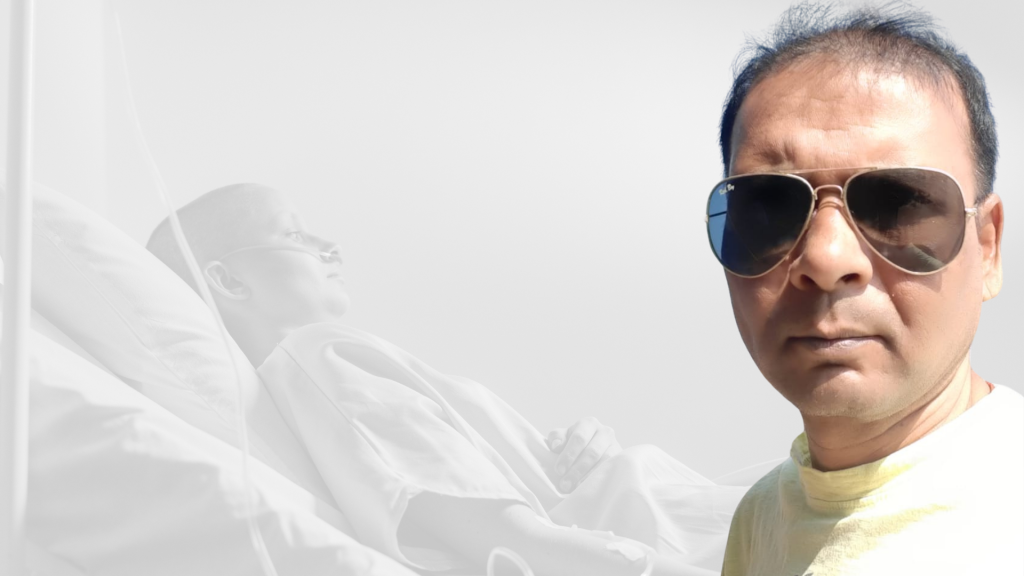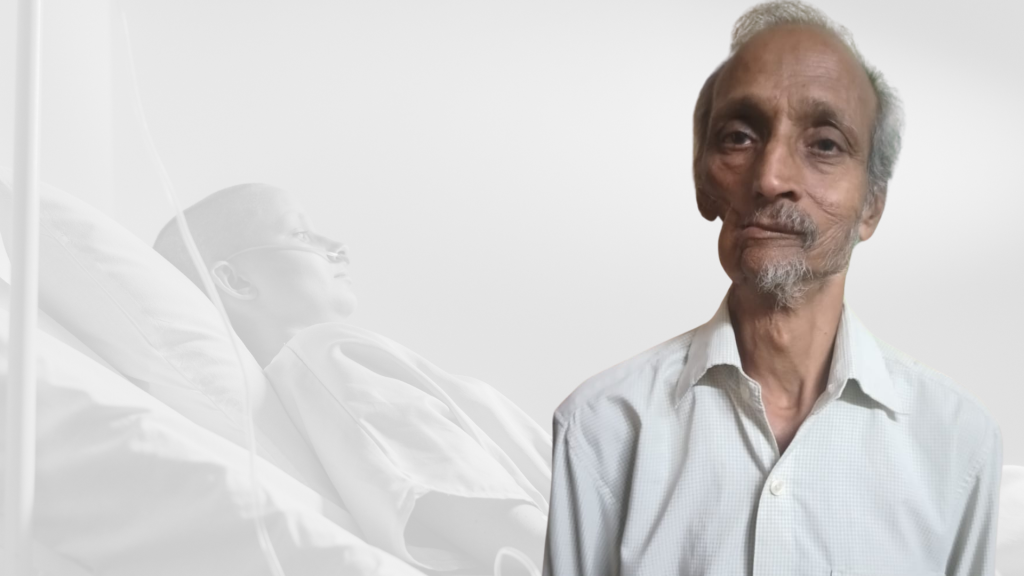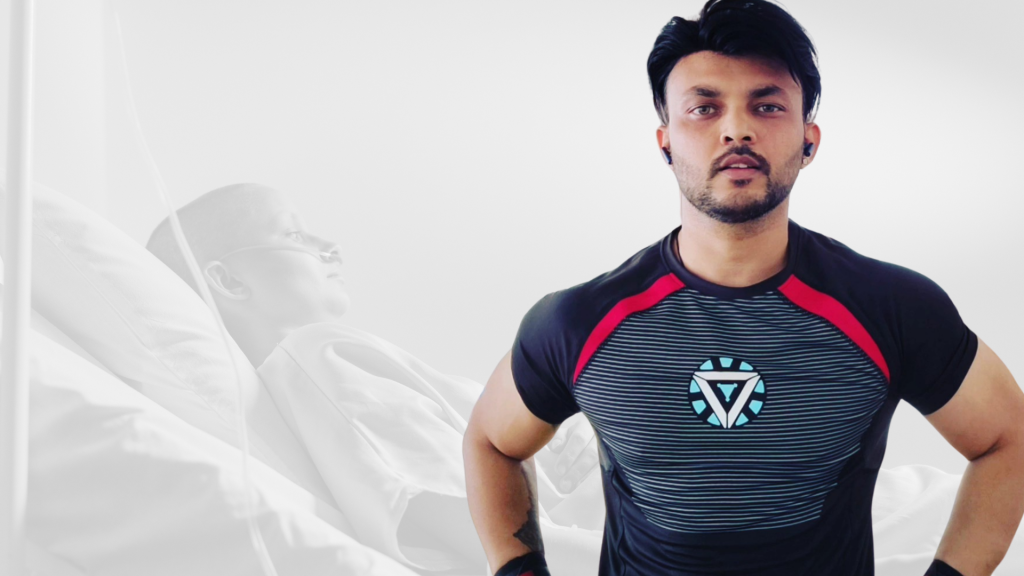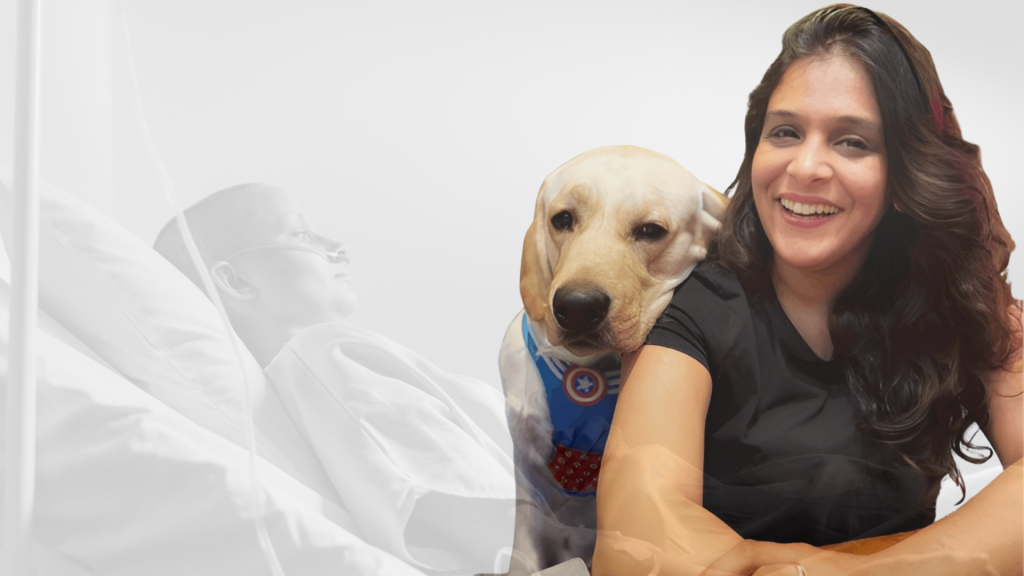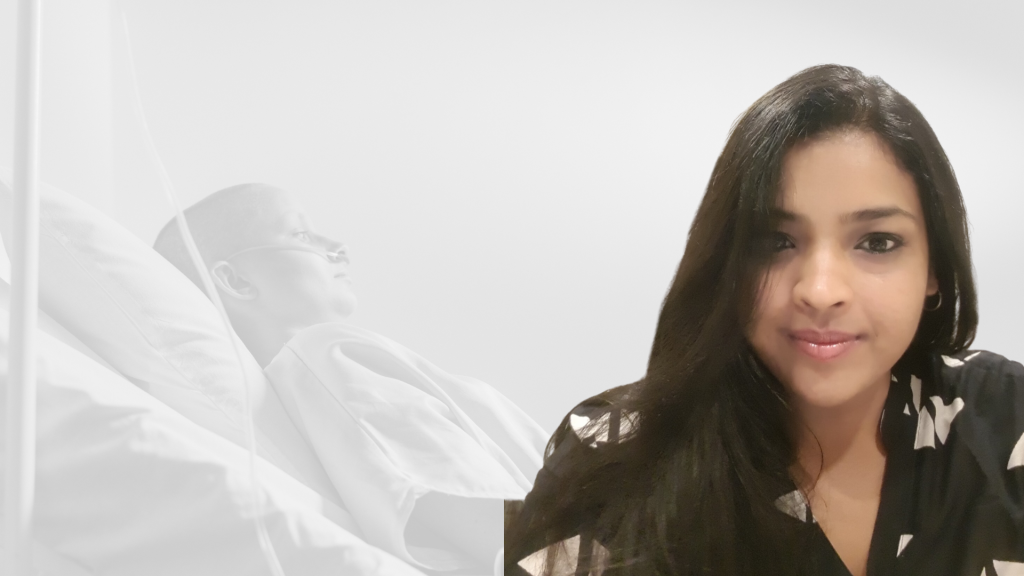I Want To Empower Women Through Knowledge Gained From My Experience: Jayashree Mahesh More On Breast Cancer
Amidst the grim statistics lies a glimmer of hope in the form of survivors who are willing to pass on their knowledge, survivors like Jayashree Mahesh More. Jayashree’s courageous journey from diagnosis to recovery serves as a beacon of inspiration. Motivated by a fervent desire to raise awareness and empower women in their fight against breast cancer, Jayashree bravely steps forward to share her story through a phone call with the CancerMitr team.


